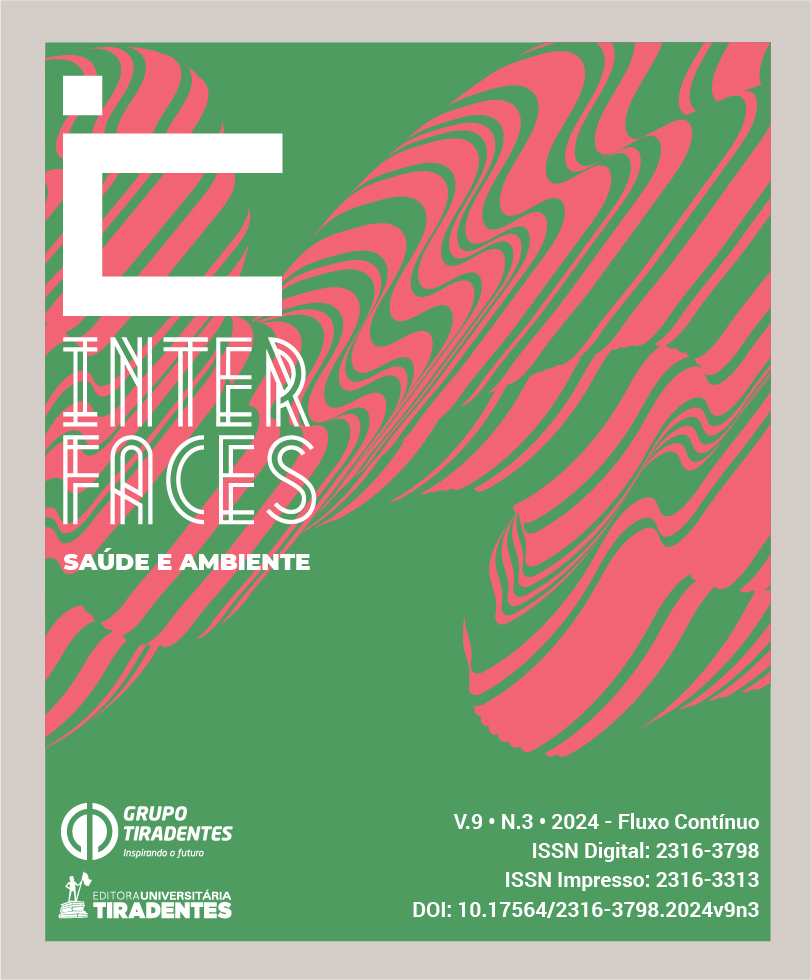EXPLORANDO O CONHECIMENTO ETNOBOTÂNICO ATRAVÉS DE PRÁTICAS CULTURAIS: UM ESTUDO DE CASO NO SUDOESTE DO PIAUÍ, BRASIL
DOI:
https://doi.org/10.17564/2316-3798.2024v9n3p714-730Publicado
Downloads
Downloads
Edição
Seção
Licença
Copyright (c) 2024 Interfaces Científicas - Saúde e Ambiente

Este trabalho está licenciado sob uma licença Creative Commons Attribution-NonCommercial 4.0 International License.
Autores que publicam nesta revista concordam com os seguintes termos:
a. Autores mantêm os direitos autorais e concedem à revista o direito de primeira publicação, com o trabalho simultaneamente licenciado sob a Licença Creative Commons Attribution que permite o compartilhamento do trabalho com reconhecimento da autoria e publicação inicial nesta revista.
b. Autores têm permissão e são estimulados a distribuir seu trabalho on-line (ex.: em repositórios institucionais ou na sua página pessoal), já que isso pode gerar aumento o impacto e a citação do trabalho publicado (Veja O Efeito do Acesso Livre).
Resumo
O Brasil é um país rico em biodiversidade e saberes tradicionais associados, destacando-se pelas práticas medicinais em diversas comunidades. Este estudo investigou os conhecimentos etnobotânicos em duas comunidades de Nazaré-Piauí: Jordão II (A) e Santo Expedito (B). As famílias botânicas mais citadas foram Lamiaceae (29,42% na A, 32,15% na B) e Verbanaceae (12,94% na A, 16,92% na B). Os índices estnobotânicos validam as espécies mais citadas, dando destaque para a erva-cidreira e hortelã quando o quesito é frequência de citação (FC). As folhas foram a parte mais utilizada das plantas, principalmente em chás, e observou-se o cultivo de ervas de pequeno porte. Esses achados sugerem a importância de estudos mais abrangentes na região sul do Piauí, destacando a riqueza e relevância dos conhecimentos tradicionais para a medicina popular.




















